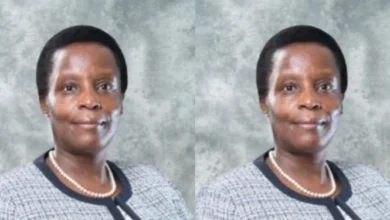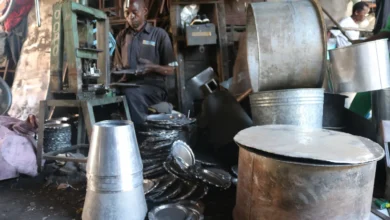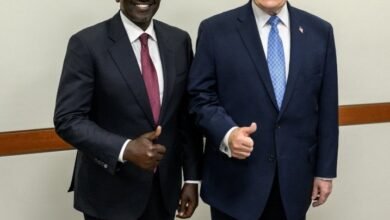
Public outrage has greeted the latest pump price increase by the Energy and Petroleum Regulatory Authority (EPRA) with the Orange Democratic Movement (ODM) Party has opposed the latest upward review of fuel prices.
ODM termed the move insensitive, at a time when the economy is reeling from the ravages of the coronavirus pandemic. The party, through its Secretary General Edwin Sifuna asked EPRA to revoke the new fuel prices before effecting the order.
“We therefore unequivocally state that we are opposed to this increase in the price of fuel. We demand that this decree is rescinded before it becomes effective,” reads the party’s letter in part.
In EPRA’s latest pump price review, the price of a litre of petrol rose by KSh. 7.63 to retail at Ksh. 122.81 per litre with the price of diesel jumping by KSh.5.75 per litre to KSh.107.66. A litre of kerosene has risen by KSh.5.41 to retail at KSh. 97.85.
According to Sifuna, EPRA’s announcement poses a danger to the President’s Big Four Agenda.
“EPRA has shown lack of sensitivity to the aspirations of the common man, and a danger to the President’s Agenda 4 items.”
The ODM party further noted that it has been a devastating year for Kenyans, following the outbreak of COVID-19 in the country in March 2020.
“It is exactly one year since the COVID-19 pandemic arrived in our country. It has been a year of lost jobs, collapsed industries and wound up SMEs. In simple terms, the pandemic has been a tragedy for the already heavily-taxed population.”
“Central to this tragedy has been the cost of energy, which has an impact on every facet of our lives. Across the globe, most governments have responded by offering stimulus packages and rescue plans for individuals and businesses, as a way of cushioning their populations from the ravages of this pandemic and as a way to maintain stability on all fronts.”
Sifuna insisted that there was no moral ground on which to levy more taxes on Kenyans. “In African culture, you do not milk a dead cow!” he said.
In 2011, the government moved to enforce price controls on fuel products by setting maximum pump prices through the then Energy Regulatory Commission (ERC).
The enforcement of the price ceilings on fuel products was aimed at cushioning Kenyans from high fuel prices.
However, the increase in taxation on fuel products has been viewed by analysts as one of the reasons behind the continued increase in fuel.
In 2018, the National Treasury introduced Value Added Tax (VAT) at the rate of 8 percent on fuel products, thereby adding to the tax burden borne by motorists and transport operators.
Other taxes imposed on fuel include Import Duty, Excise Duty and Road Maintenance Levy – all of which account for between 40 and 50 percent of the cost of a litre of fuel in Kenya.





